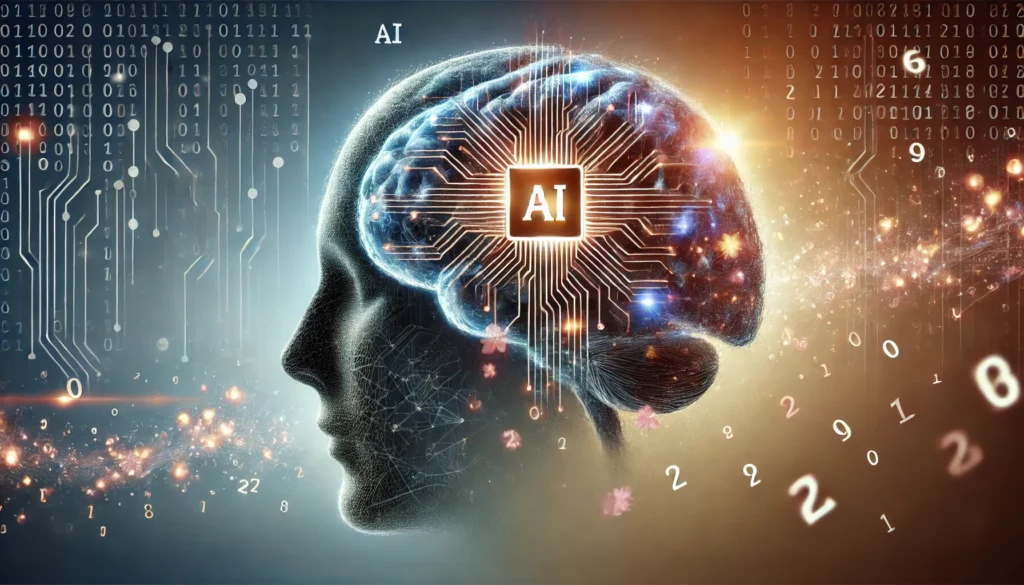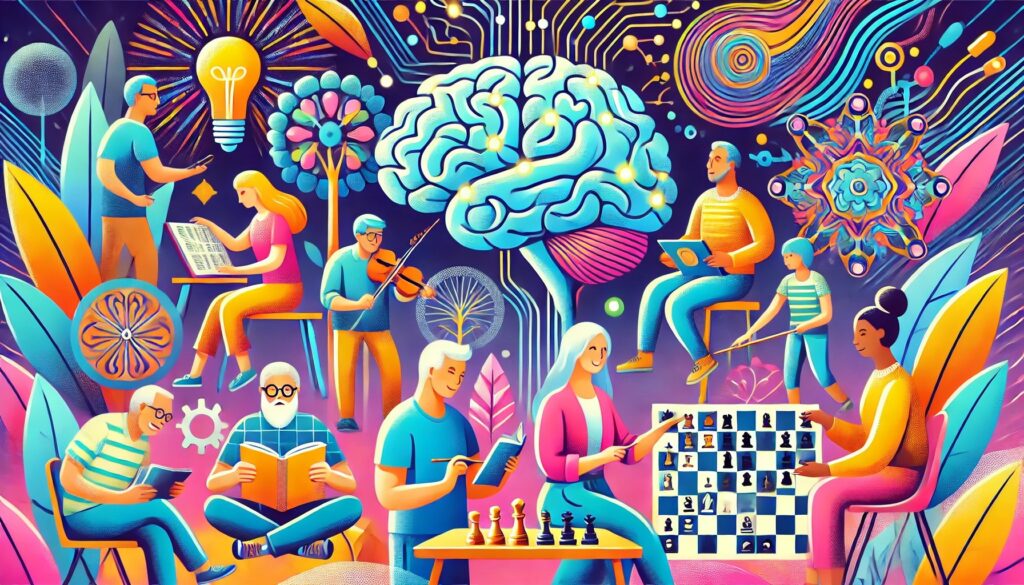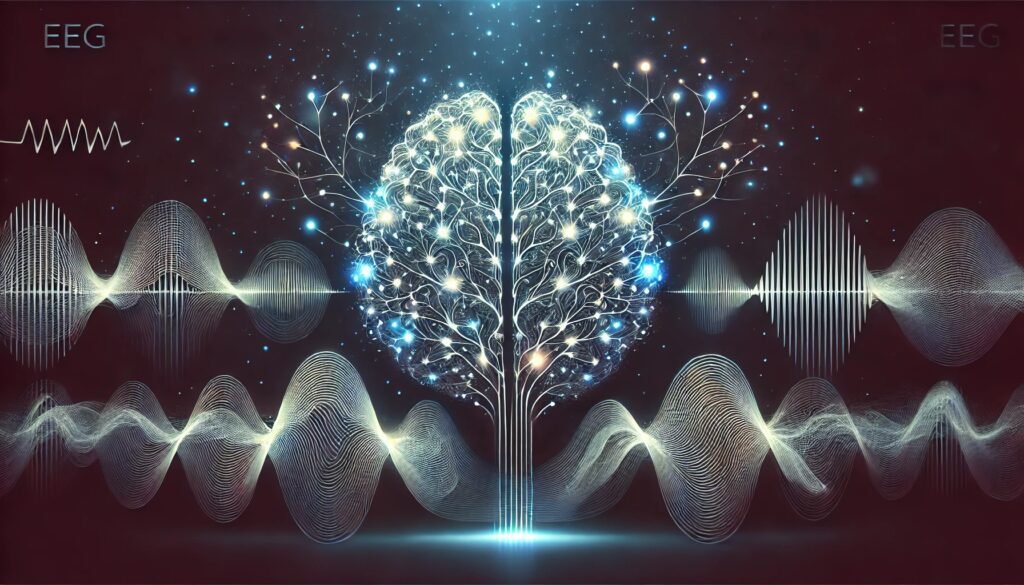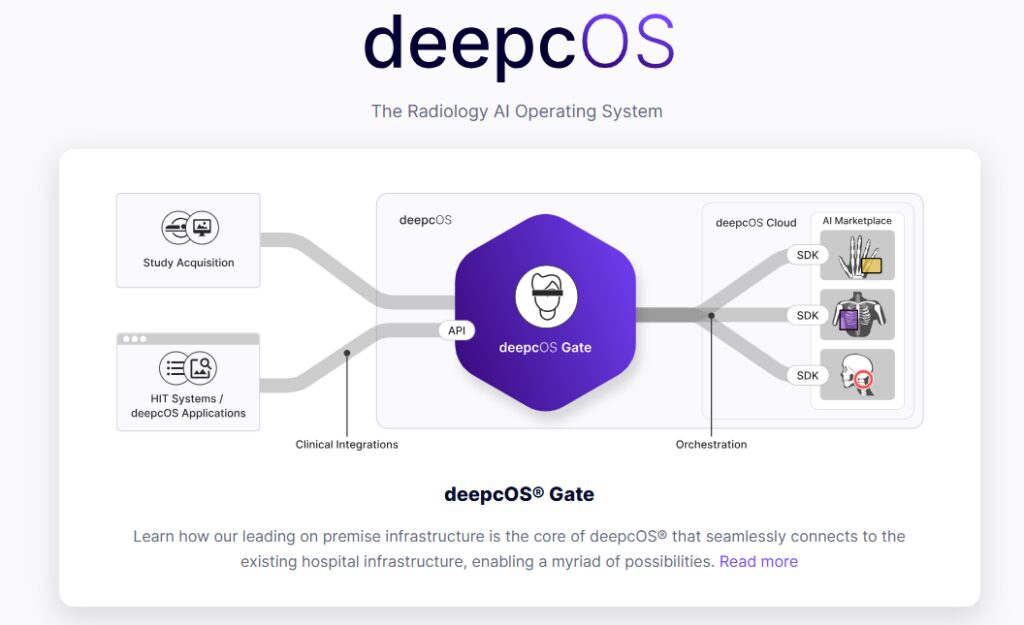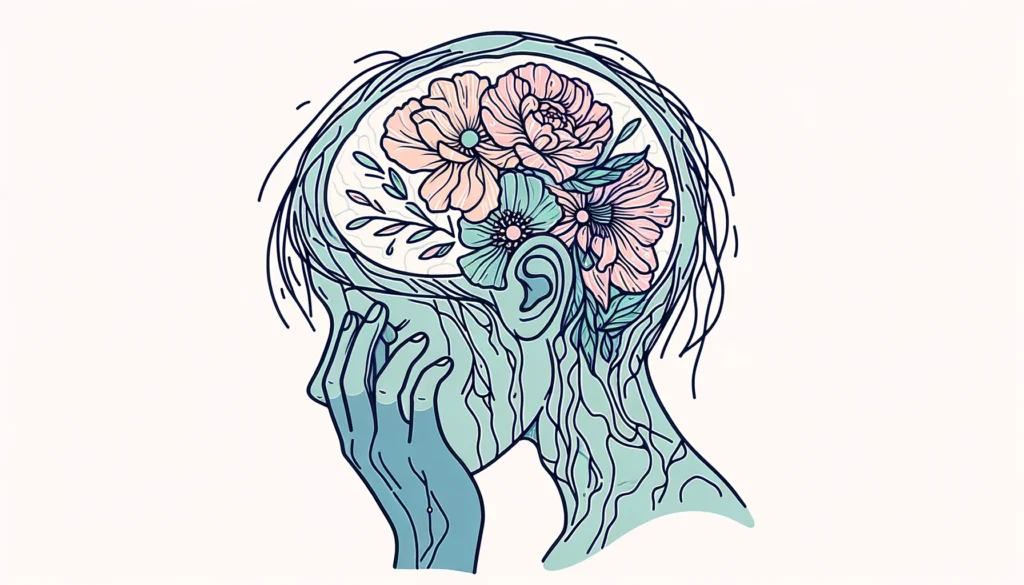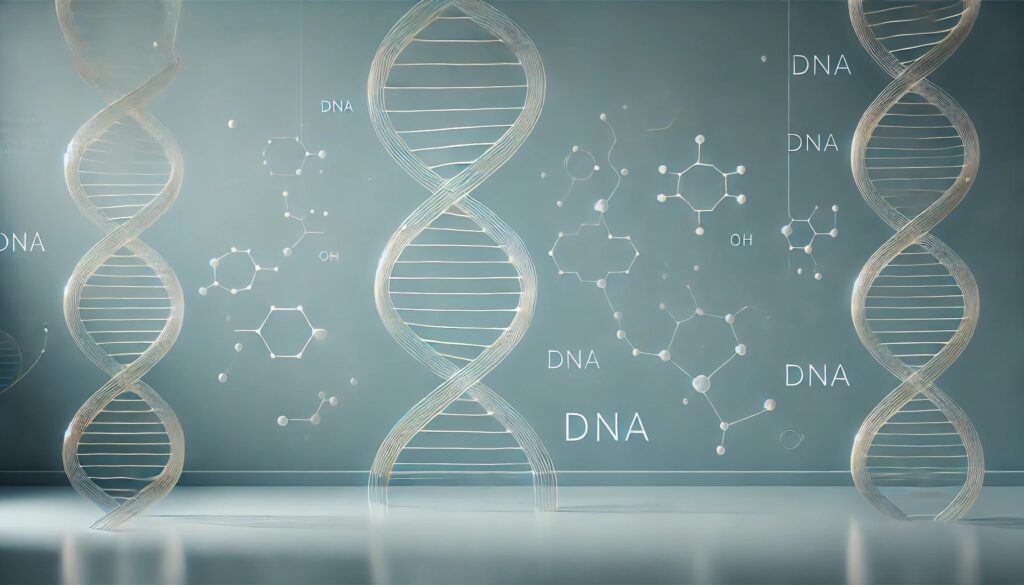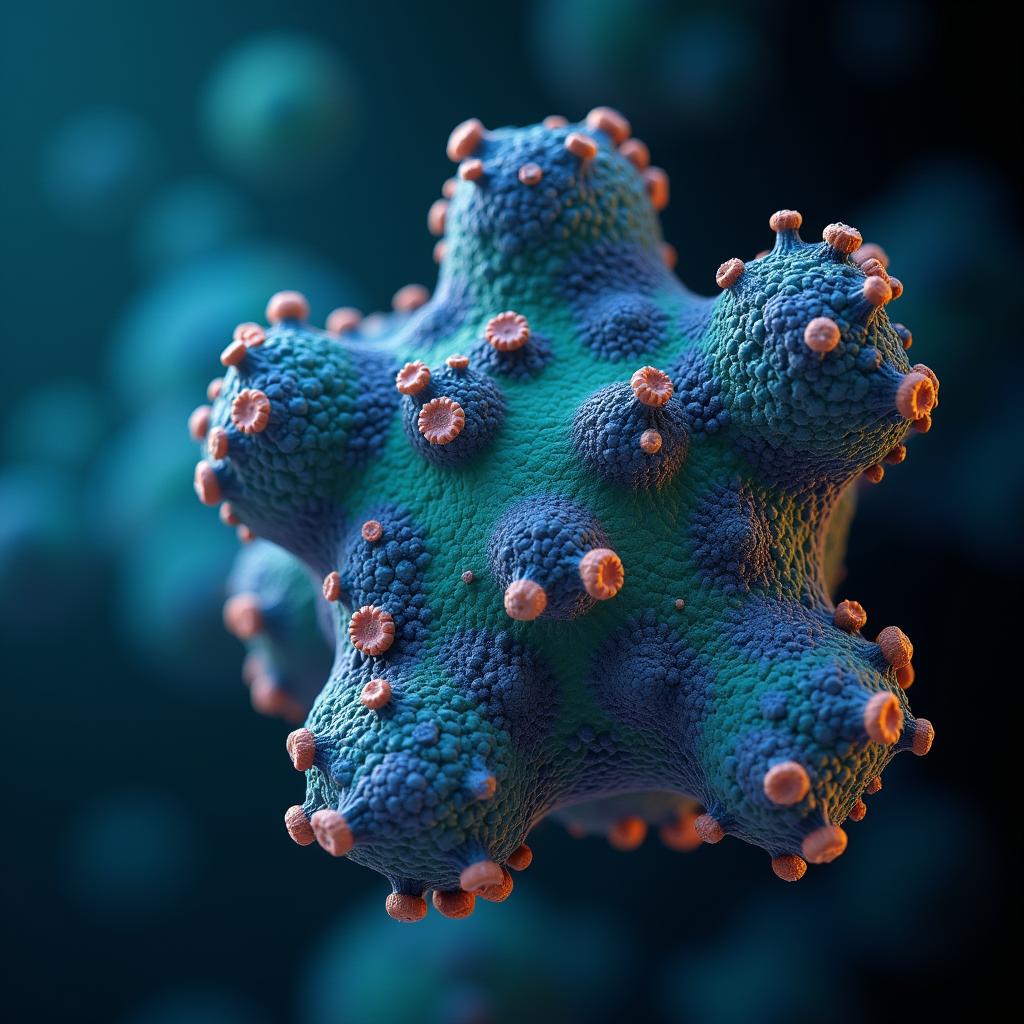
The Fascinating Science Behind Cellular Reprogramming
What is cellular reprogramming?
Cellular reprogramming involves turning specialized cells, like skin or muscle cells, back into a pluripotent state. These reprogrammed cells mimic embryonic stem cells, capable of transforming into nearly any cell type.
This breakthrough has immense potential for repairing damaged tissues and even reversing signs of aging.
The discovery of induced pluripotent stem cells (iPSCs) by Shinya Yamanaka in 2006 marked a turning point. By activating specific transcription factors, he demonstrated the possibility of reprogramming mature cells. This set the stage for future innovations in regenerative medicine and age reversal.
Historical milestones in cellular reprogramming
From the 1960s to now, key discoveries have expanded our understanding. John Gurdon’s work with frogs in 1962, showing nuclear transplantation, hinted that cellular identity isn’t fixed. Later, Yamanaka’s research solidified the concept, leading to Nobel Prize-winning advancements.
The development of CRISPR-Cas9 gene-editing tools added another dimension, enabling precise manipulation of cellular genes during reprogramming. Today, AI is making this process faster, safer, and more efficient.
How Aging Impacts Our Cells
The biology of aging at the cellular level
Aging isn’t just about wrinkles or gray hair. It’s a progressive decline in cellular function caused by DNA damage, mitochondrial dysfunction, and inflammation. Over time, cells lose their ability to divide and repair, leading to the deterioration of tissues and organs.
Key culprits include telomere shortening, the natural end caps of DNA strands that wear down with each cell division. Once these telomeres are too short, the cell enters a state called senescence, halting growth and repair.
Epigenetic changes and their role in aging
Epigenetics refers to how environmental factors, like diet and stress, influence gene expression without altering DNA sequences. Over time, epigenetic markers like DNA methylation become disrupted, leading to miscommunication within cells.
Reversing these markers is a promising approach to slowing or even reversing aging. AI helps by analyzing massive datasets of epigenetic changes, uncovering patterns humans might overlook.
Enter Artificial Intelligence: Revolutionizing Biology
How AI enhances cellular research
Artificial intelligence isn’t just a buzzword; it’s transforming biology by processing vast datasets with unprecedented speed. AI algorithms identify patterns in genetic data, helping scientists understand how cells behave under different conditions.
For example, Google’s DeepMind has developed tools that predict protein folding, a complex process critical for cellular health. Such innovations accelerate discoveries in cellular reprogramming and age-related research.
Machine learning in predicting cellular behaviors
By training algorithms on data from millions of experiments, researchers can predict how cells will react to specific treatments. This includes identifying which genes to target during reprogramming or which compounds could slow down aging.
Machine learning models also simulate cellular pathways, providing insights that guide experiments more effectively. This reduces trial-and-error, saving time and resources.
The Link Between AI and Cellular Reprogramming

Data analysis for personalized reprogramming techniques
AI excels at identifying individual variations in cellular aging. By analyzing genetic and epigenetic data, algorithms can customize reprogramming protocols tailored to each person. This makes treatments more effective and reduces risks.
For instance, epigenetic clocks developed using AI measure biological age more precisely than chronological age. These tools help scientists gauge the effectiveness of anti-aging therapies, fine-tuning approaches over time.
AI-driven discovery of anti-aging compounds
AI algorithms screen thousands of chemical compounds in hours, identifying those with the potential to reverse cellular damage. Platforms like Insilico Medicine have already uncovered promising drug candidates targeting aging-related pathways.
By combining cellular data with predictive models, AI opens the door to therapies that not only extend lifespan but enhance the quality of life.
Real-World Applications of AI in Age Reversal
AI-led experiments in regenerative medicine
AI has already proven its mettle in regenerative medicine. For example, researchers use AI to optimize the delivery of reprogramming factors into cells. This improves the efficiency of turning mature cells into a rejuvenated state.
Companies like Altos Labs are leveraging AI to refine cellular reprogramming protocols, focusing on safety and scalability. These advancements could eventually lead to therapies that repair damaged tissues in humans.
Progress in combating age-related diseases
From Alzheimer’s to heart disease, aging is the root cause of many chronic illnesses. AI identifies biomarkers for these diseases, enabling earlier intervention.
AI-powered tools like health-monitoring wearables integrate real-time data to assess cellular aging in individuals. These insights guide proactive measures, such as tailored diet plans or medication.
Stay tuned for Stage 2, where we’ll explore ethical challenges, ongoing clinical trials, and the future of AI-driven age reversal.
Ethical Challenges of AI in Cellular Reprogramming
Balancing innovation with ethical concerns
As promising as AI and cellular reprogramming are, their potential raises critical ethical questions. For instance, should we allow treatments that reverse aging for cosmetic purposes, or reserve them solely for medical needs?
Another challenge is access. These therapies might initially come with exorbitant price tags, creating disparities between socioeconomic classes. Policymakers must ensure equitable distribution so these breakthroughs benefit humanity as a whole.
Addressing safety and long-term risks
Manipulating cells at a fundamental level isn’t without risks. Unintended mutations during reprogramming could lead to cancer or other health issues. AI helps mitigate these risks by predicting outcomes, but the uncertainty remains.
Long-term studies are essential, yet they’re inherently slow in aging research. This creates a conundrum: How can we guarantee safety without waiting decades?
Clinical Trials: Progress in Reprogramming and Age Reversal
Current trials exploring cellular reprogramming
Several clinical trials are underway to test reprogramming therapies in humans. For example, Altos Labs and similar companies are experimenting with Yamanaka factors to rejuvenate tissues safely.
Researchers are focusing on age-related diseases like macular degeneration and Parkinson’s. Early results show promising signs of tissue regeneration, but the road to full-fledged therapies is still long.
The role of AI in trial optimization
AI streamlines clinical trials by identifying suitable candidates and predicting potential side effects. For instance, algorithms can group participants by genetic or epigenetic similarities, improving the reliability of results.
This precision accelerates the development of therapies, bringing us closer to treatments that halt or reverse aging.
The Future of AI in Personalized Age Reversal

Tailoring therapies to individual needs
One-size-fits-all solutions don’t work for aging. AI bridges the gap by analyzing each person’s unique biological makeup, from genetic predispositions to lifestyle factors.
Imagine receiving a custom anti-aging therapy that adjusts based on your real-time health data. Wearable devices and apps already gather this data, and AI ensures it translates into actionable insights.
Combining AI with other technologies
The future lies in integrating AI with CRISPR, nanotechnology, and bioprinting. Nanobots guided by AI could one day deliver reprogramming factors directly to damaged tissues, maximizing precision and minimizing risks.
This convergence of technologies could make age reversal more effective, affordable, and accessible.
Societal Implications of Extended Lifespans
How longer lifespans could reshape society
If AI-powered age reversal becomes widespread, societies will face profound changes. Longer lifespans could strain resources like housing, healthcare, and employment. On the flip side, they might also boost productivity and innovation as people stay healthier longer.
Generational dynamics could shift as well. For example, how will relationships and family structures evolve when people live well into their 100s?
The economic impact of living longer
A healthier population could mean lower healthcare costs and increased economic output. However, governments may need to rethink pension systems and retirement ages.
AI could play a role here too, predicting and managing the long-term impacts of extended lifespans on economies and societies.
The Quest for Biological Immortality
Is immortality within reach?
While true immortality remains a distant goal, cellular reprogramming and AI are bringing us closer to drastically extending life. Scientists like David Sinclair argue that aging itself is a disease that can be treated.
Even if immortality isn’t achieved, delaying aging by decades could revolutionize human health and well-being.
The philosophical implications
Living longer raises existential questions. Would a longer life diminish its meaning, or enhance it? Philosophers and ethicists are already debating these issues, ensuring the conversation evolves alongside the technology.
Emerging Innovations in AI-Powered Age Reversal
Novel AI algorithms redefining cellular research
The development of advanced neural networks is taking cellular reprogramming to new heights. These algorithms analyze vast biological datasets to identify subtle patterns in gene expression, enabling more precise reprogramming techniques.
For instance, AlphaFold’s protein-folding predictions have inspired similar AI systems tailored to predict cellular changes during reprogramming. These innovations reduce experimental failure rates and expedite discoveries.
Cutting-edge tools in epigenetic editing
AI is driving innovations in epigenetic editing, where tools like CRISPR-Cas9 and base editors are becoming more refined. AI-enhanced precision ensures modifications target only the necessary areas, minimizing unintended changes.
Additionally, AI-guided epigenetic clocks now provide accurate biological age measurements, helping scientists monitor the success of age-reversal interventions.
Collaborative Efforts Between AI and Biotech
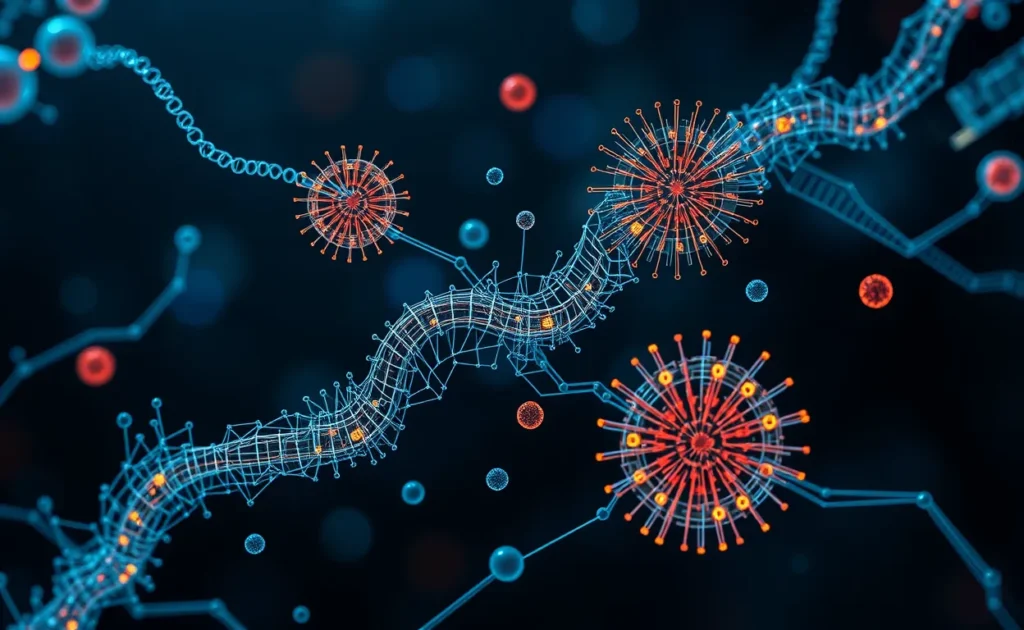
How tech giants are entering the field
Major players like Google’s DeepMind and IBM are joining forces with biotech companies to push age-reversal research forward. These collaborations bring computational expertise to traditionally biology-driven fields, fostering unprecedented breakthroughs.
Startups like Insilico Medicine and Juvenescence are also partnering with AI-focused firms, creating synergies that accelerate research timelines.
Open-source models for global innovation
Open-access platforms like TensorFlow and Hugging Face are enabling smaller labs to integrate AI into their research. These tools democratize access to cutting-edge technology, encouraging global collaboration.
By sharing insights, researchers worldwide can pool data and expertise, leading to faster and more inclusive progress in cellular reprogramming.
Predictions for AI’s Role in the Next Decade
From research to widespread application
In the next decade, AI will likely make age-reversal treatments a reality for a broader audience. Machine learning models will predict how therapies interact with diverse populations, paving the way for personalized regenerative medicine.
Expect breakthroughs in areas like tissue regeneration for organs, where AI optimizes protocols for growing replacement tissues from reprogrammed cells.
Integration with AI-driven diagnostics
AI-powered diagnostics will evolve to include real-time aging analyses. Wearable devices will provide continuous updates on cellular health, helping individuals adopt preventive measures before irreversible aging occurs.
This real-time data will feed into personalized treatment plans, ensuring therapies remain effective as biological needs shift over time.
Transformative Impact on Medicine and Society
Redefining healthcare systems
AI and cellular reprogramming will force healthcare systems to pivot from reactive to proactive care. Instead of treating diseases after they occur, doctors will focus on maintaining cellular youthfulness.
The economic benefits could be staggering. A healthier, more active population would reduce the burden on healthcare systems and boost productivity worldwide.
Shaping a longevity-driven culture
As lifespans extend, society will need to adapt culturally and psychologically. Education systems might expand to accommodate lifelong learning, while career paths could include midlife reinventions.
Longevity might also influence lifestyle choices, encouraging healthier living habits and greater investments in wellness technologies.
The Global Vision for AI and Cellular Reprogramming
Bridging the gap between research and policy
Global efforts are essential to ensure responsible development and implementation of these technologies. Policymakers must establish ethical frameworks and prioritize equitable access to treatments.
AI can aid this process by predicting societal impacts, helping governments craft policies that balance innovation with fairness.
A glimpse into a future powered by AI
Imagine a world where aging is no longer an inevitable decline but a manageable condition. AI, combined with cellular reprogramming, could enable generations to live longer, healthier, and more fulfilling lives.
With continued innovation and collaboration, the next frontier in age reversal is closer than ever, offering a future where science and technology redefine what it means to grow older.
Conclusion: AI’s Potential to Revolutionize Aging
Artificial intelligence and cellular reprogramming are poised to transform our understanding of aging and longevity. From groundbreaking innovations to global collaborations, the possibilities are endless.
The ethical, societal, and medical implications will shape how these technologies evolve. Yet one thing is clear: the next frontier isn’t just about extending life—it’s about enhancing its quality, powered by AI.
Recent developments highlight the expanding role of artificial intelligence (AI) in cellular reprogramming and age reversal.
AI-Driven Bioengineering Models
OpenAI and Retro Biosciences have collaborated to develop an AI model tailored for bioengineering applications. This partnership aims to leverage AI’s capabilities to advance cellular reprogramming techniques, potentially accelerating the development of age-reversal therapies.
Advancements in Cellular Reprogramming
Researchers from Harvard Medical School, the University of Maine, and MIT have introduced a chemical method to rejuvenate cells, offering a potential alternative to gene therapy for reversing aging. This approach could significantly impact regenerative medicine and the treatment of age-related diseases.
AI in Aging Research
A study by King’s College London utilized AI-based aging clocks to analyze blood metabolite data, providing insights into health and lifespan predictions. The research found that accelerated aging, as determined by these AI models, is linked to higher health risks, underscoring AI’s potential in personalized medicine.
Innovations in Experimental Design
MIT researchers have developed a more effective experimental design for engineering cells into new states using targeted genetic interventions. This AI-enabled strategy holds promise for applications in immunotherapy and cellular reprogramming, potentially leading to more potent treatments for diseases like cancer.
Industry Investments in Longevity
Shift Bioscience, a Cambridge-based startup, has raised £12 million to advance its generative AI technology aimed at reversing the aging process. This investment reflects growing industry confidence in AI’s role in developing effective age-reversal therapies.
These developments illustrate the dynamic intersection of AI and biotechnology, paving the way for innovative approaches to understanding and potentially reversing the aging process.
FAQs
What role does AI play in drug discovery for age reversal?
AI dramatically shortens the time required to discover anti-aging compounds. It screens millions of molecules to identify candidates that target aging-related pathways, like those involved in DNA repair or mitochondrial health.
For example, Insilico Medicine discovered a compound that extends cellular lifespan using AI-driven modeling in just weeks, compared to years with traditional methods.
Are there any risks associated with AI-powered reprogramming?
Yes, there are risks, including unintended mutations or overgrowth of cells, which could lead to tumors. AI helps mitigate these by predicting potential side effects during the design phase of treatments.
For example, researchers use AI to simulate reprogramming outcomes in silico (computer simulations) before proceeding to live experiments, reducing safety concerns.
Who is leading the research in AI-driven age reversal?
Both academic institutions and private companies are at the forefront. Altos Labs and Calico Life Sciences are making strides in combining AI with biology to explore cellular reprogramming.
Additionally, tech giants like Google and startups like Juvenescence collaborate to push the boundaries of what’s possible, bridging computational power with cutting-edge biology.
Could AI and reprogramming lead to immortality?
True immortality is unlikely in the near future. However, these technologies aim to significantly extend lifespan and improve healthspan (the period of life spent in good health).
For instance, David Sinclair’s lab focuses on reversing epigenetic markers of aging, showing promise in resetting the biological clock of cells. While immortality remains speculative, living healthily into one’s 100s may soon be achievable.
How soon will AI-powered age-reversal therapies be available?
Some applications, like AI-driven diagnostics and anti-aging drugs, are already entering clinical trials. However, widespread availability of full-fledged age-reversal therapies might take a decade or more.
For example, trials to test the safety of cellular rejuvenation therapies using Yamanaka factors are ongoing, but translating these findings into treatments for humans requires rigorous validation.
Will these technologies be accessible to everyone?
Accessibility is a major concern. High costs may initially limit these therapies to wealthy individuals. However, advances in AI and scaled production could reduce costs over time.
Efforts like open-source AI tools and government-backed initiatives aim to ensure equitable access, similar to how vaccines were distributed globally in recent years.
How do AI-powered age reversal and cellular reprogramming benefit society?
By extending healthy lifespans, these technologies can reduce the burden of age-related diseases, improve productivity, and enhance quality of life.
For instance, regenerating damaged tissues in older adults could allow them to remain active in the workforce or care for family members longer, positively impacting economies and communities.
What are Yamanaka factors, and why are they important?
Yamanaka factors are a set of four genes (Oct4, Sox2, Klf4, and c-Myc) that can reprogram mature cells into a pluripotent state, resembling embryonic stem cells. These factors are the backbone of cellular reprogramming, as they allow scientists to reset a cell’s biological age.
For example, in experiments with mice, applying Yamanaka factors to aged cells restored their functionality and reversed some markers of aging, making this a cornerstone of age-reversal research.
How does AI improve epigenetic research?
AI helps researchers analyze epigenetic markers, such as DNA methylation and histone modifications, which change as we age. By identifying patterns in large datasets, AI can pinpoint which markers need to be reset to reverse aging.
For example, AI-driven epigenetic clocks are now used to measure biological age more accurately than ever, allowing precise evaluation of anti-aging therapies.
What diseases could benefit from AI-powered cellular reprogramming?
AI-driven cellular reprogramming holds promise for treating diseases tied to aging, such as Alzheimer’s, Parkinson’s, heart disease, and arthritis. It can also aid in regenerating damaged tissues, like heart muscle after a heart attack or neurons in neurodegenerative conditions.
For instance, early research in using reprogrammed cells to treat macular degeneration has shown potential to restore lost vision in elderly patients.
How is AI used in monitoring biological age?
AI-powered diagnostics track changes in DNA, proteins, and cellular activity to estimate biological age. These tools combine real-time health data from wearables and blood tests to provide a holistic view of a person’s aging process.
For example, companies like InsideTracker use AI to analyze blood biomarkers and give users actionable insights to slow biological aging through diet, exercise, and supplements.
Can AI predict the outcomes of age-reversal treatments?
Yes, AI can simulate cellular responses to different treatments, predicting outcomes and side effects before trials even begin. This saves time and resources while ensuring safety.
For instance, using AI, researchers modeled how reprogrammed skin cells behave in lab conditions, guiding real-world experiments with higher success rates.
Is cellular reprogramming similar to cloning?
Not exactly. Cloning involves creating an identical organism, while cellular reprogramming focuses on transforming mature cells into a more versatile state. The aim is to repair or rejuvenate existing tissues, not create new individuals.
For example, a reprogrammed skin cell can become a neuron to replace damaged brain tissue, but it doesn’t replicate the person it came from.
What industries stand to gain from AI-driven cellular reprogramming?
The healthcare industry will see the most immediate impact, with regenerative medicine and anti-aging therapies taking center stage. Beyond healthcare, industries like cosmetics and fitness could also leverage these advances to offer innovative products and services.
For example, skincare companies might use reprogrammed cells to create rejuvenating treatments that go beyond surface-level effects, targeting aging at a cellular level.
How does AI make reprogramming more efficient?
AI speeds up every stage of the reprogramming process, from selecting genes for reprogramming to optimizing lab protocols. It identifies bottlenecks in experiments and suggests adjustments for faster results.
For example, algorithms can recommend the ideal concentrations of Yamanaka factors for specific cell types, reducing trial-and-error experiments in the lab.
Are there any ethical concerns with AI-driven cellular reprogramming?
Yes, ethical concerns include the potential misuse of the technology, such as creating “designer” humans or widening social inequalities due to high costs. There’s also debate over whether slowing or reversing aging disrupts natural life cycles.
For instance, some argue that extending lifespans could strain resources and ecosystems, while others emphasize the importance of responsible regulation to ensure fair use.
Could AI and cellular reprogramming lead to new professions?
Absolutely. The rise of these technologies is likely to create demand for new roles, such as cellular rejuvenation specialists, AI-assisted biologists, and epigenetics consultants. These professions will focus on customizing treatments and managing age-reversal programs for individuals.
For example, future clinics might offer tailored regenerative medicine programs, where professionals use AI insights to design bespoke therapies for clients.
Resources
Research Papers and Journals
- “Induction of Pluripotent Stem Cells from Adult Human Fibroblasts by Defined Factors” – Shinya Yamanaka (2006)
- A landmark study on Yamanaka factors and their role in reprogramming cells.
- Link to study
- “Epigenetic Reprogramming in Aging and Disease” – Nature Reviews Molecular Cell Biology (2021)
- Discusses how epigenetics influences aging and the potential of reprogramming in treating diseases.
- Read here
- “Artificial Intelligence in Cellular Biology” – Trends in Biotechnology (2023)
- Explores the applications of AI in cellular reprogramming and regenerative medicine.
- Read more
Books
- Lifespan: Why We Age—and Why We Don’t Have To – David Sinclair
- A comprehensive look at the science behind aging and potential interventions, including reprogramming.
- Deep Medicine: How Artificial Intelligence Can Make Healthcare Human Again – Eric Topol
- Explores the transformative impact of AI on healthcare, with insights into its applications in aging research.
- The Biology of Belief – Bruce H. Lipton
- Explores cellular biology and the potential for environmental and technological influence on aging.
Organizations and Labs
- Altos Labs
- Focuses on understanding cellular mechanisms of aging and leveraging reprogramming for therapeutic solutions.
- Visit Altos Labs
- DeepMind (Google)
- Innovates in AI applications for biology, including protein folding and cellular modeling.
- DeepMind Biology
- The Buck Institute for Research on Aging
- A nonprofit focused on research to extend healthy living through interventions like cellular reprogramming.
- Learn more
News and Blogs
- ScienceDaily – Aging and Regeneration
- Regularly updated articles on breakthroughs in aging research and AI applications.
- ScienceDaily on Aging
- SingularityHub – Longevity Research
- Covers the latest news on AI and biotechnology, with a focus on life extension.
- SingularityHub Longevity
- Futurism – Aging and Longevity
- A mix of in-depth reporting and bite-sized updates on advancements in cellular reprogramming.
- Futurism Longevity
Tools and Platforms
- AlphaFold by DeepMind
- AI tool for predicting protein folding, aiding cellular and aging research.
- Try AlphaFold
- Epigenetic Clock Calculator – DNAmAge
- Tool for estimating biological age using epigenetic markers.
- Use the calculator
- CellNet
- An AI-powered platform for evaluating cell reprogramming experiments.
- Learn about CellNet
Conferences and Webinars
- Aging Research and Drug Discovery (ARDD)
- Annual conference showcasing the latest in age-reversal therapies and AI applications.
- Attend ARDD
- Longevity Leaders World Congress
- Focuses on innovations in longevity, including AI-powered regenerative medicine.
- Explore Longevity Leaders
- AI for Biology Summit
- A gathering of AI and biotech experts discussing breakthroughs in cellular research.
- Learn more
